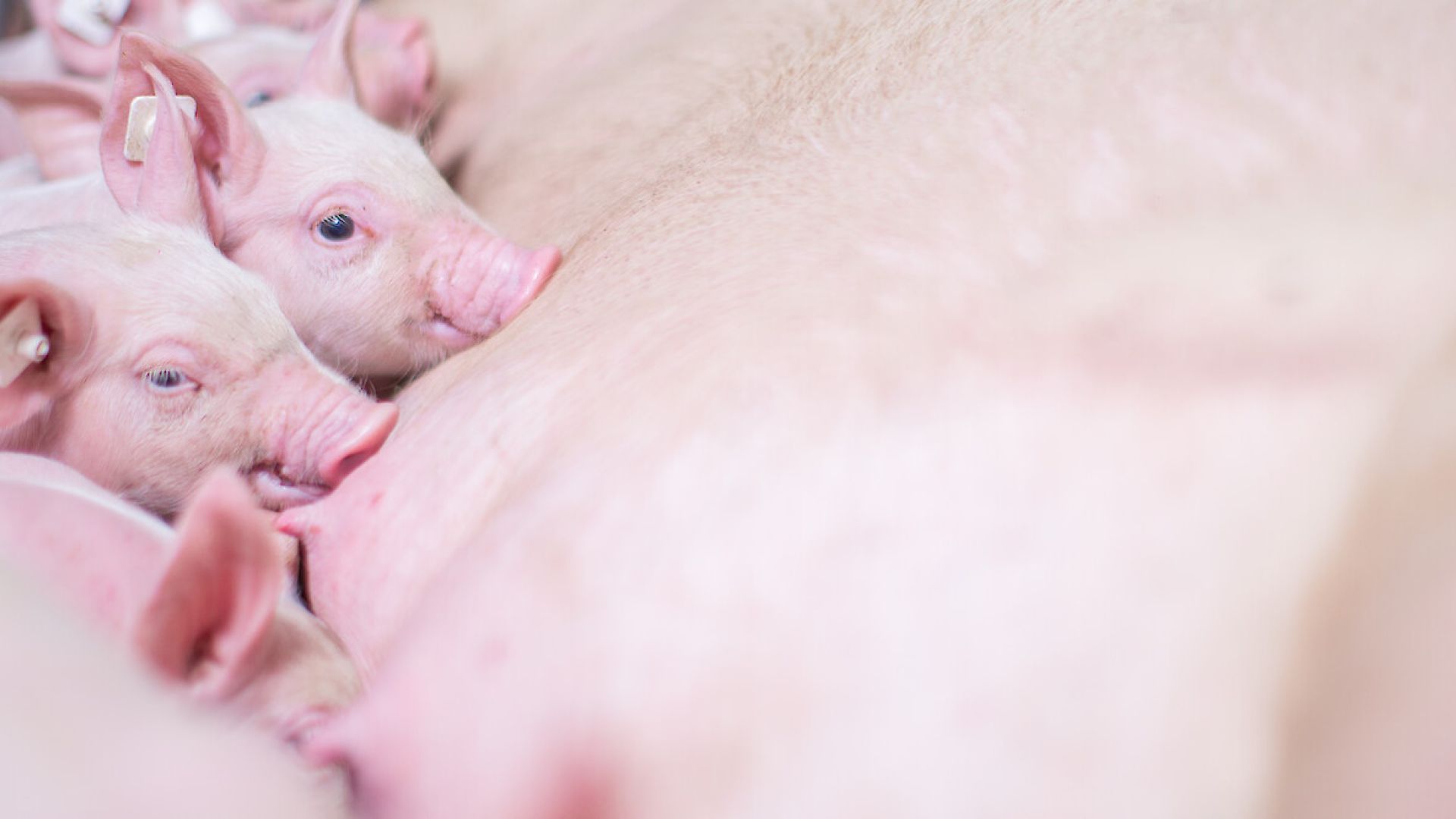Maternal imprinting: Immune development

More than 70% of the body’s immune cells are located into the gut, which means there is a close connection between intestinal microbiota and the immune system. The sow’s microbiota influences the piglet’s immune system development and, consequently, their growth and survival. At birth and during early life, the piglets are highly dependent on the maternal passively derived immunity for the survival. The transfer of immunity initially occurs through colostrum. Antibodies are big proteins, and only get into the piglet’s blood stream in the first hours of life before the gut closure. Immunoglobulins from the mother, including immunoglobulin G (IgG) can be absorbed through the colostrum. The probiotic yeast Saccharomyces cerevisiae boulardii CNCM-I-1079 included into the sows’ diet, has shown positive results on the IgG colostrum concentration. Recent studies have shown that animals raised on artificial milk formula rather than maternal milk have a higher susceptibility to disease, also linked to a reduced intestinal microbiota diversity. Cytokines and chemokines are making connections between the different organs to coordinate the immune response. They are biomarker peptides critical for humoral and cell mediated immunity. Cytokine gene expression in the lungs of piglets was influenced by the treatment of sows. The lower expression of cytokines in the lungs of the piglets born and nursed from supplemented sows suggests a reduced inflammatory reaction compared to the piglets from non-supplemented sows. The immune transfer through colostrum, modulation inflammatory response, etc. translated to better performance of the piglets after weaning, reflecting maternal imprinting. Probiotics, such as Saccharomyces cerevisiae boulardii CNCM-I-1079, are positively affecting the gut microbiota from the sow to her piglets and driving their immune system to a more mature one and are interesting tools to support piglet quality and reduce antibiotic use.